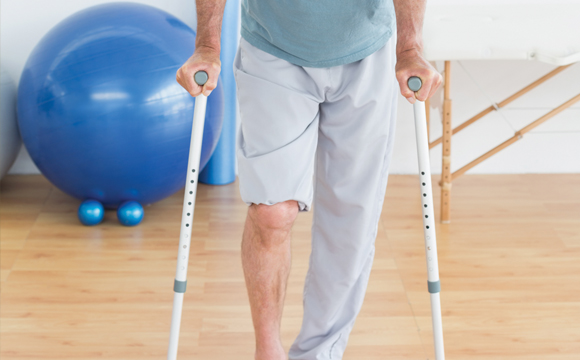Harnessing Psychological Strength to Optimize Outcomes in Sports Treatment
Wiki Article
Mental fortitude is an important attribute that can measurably improve results in physical treatment. Athletes often encounter conditions that require time away from their activity, which can be both somatically and emotionally challenging. Psychological toughness refers to the ability to remain grounded and positive in the face of hardship. It helps performers adapt to the stress of healing, stay concentrated on their milestones, and maintain motivation throughout the rehabilitation process. By developing emotional stamina, patients can enhance their recovery experience and return to their discipline better prepared than before.

An key aspect of building mental resilience is setting realistic targets. When sportspeople are hurt, it is essential for them to have structured, realistic intentions during their healing. These goals should be specific, measurable, attainable, relevant, and deadline-driven (goal-setting) principles. For example, instead of saying “I want to get better soonâ€, an athlete might set a goal like “I will follow my therapy routine three times weekly for four weeksâ€. This helps patients assess their progress and keep their concentration on what they can manage, reducing feelings of disappointment or negativity.
Another crucial factor in developing psychological endurance is maintaining a uplifting mindset. Recovering individuals should practice affirmative thinking and guided imagery to foster a supportive mental environment. Self-reinforcing language involves replacing defeating thoughts with motivating statements. For instance, instead of thinking “I will never recoverâ€, an athlete could tell themselves “I am making progress every dayâ€. Visualization can also be beneficial; individuals can imagine themselves performing well in their discipline as they heal. These practices help build self-belief and reinforce the belief that healing is possible.
Supportive relationships play a vital role in fostering psychological strength during rehabilitation. Athletes should remain engaged with motivating peers, loved ones, coaches, and healthcare providers who understand the challenges of healing. Honest conversations with these trusted individuals allows patients to express their feelings, worries, and struggles. Additionally, sharing experiences with other recovering peers can provide a sense of community and understanding that makes the process easier. Knowing others have faced comparable challenges can useful content inspire hope and motivate athletes to push through.
Finally, mindfulness practices can significantly improve an patient’s mental resilience during rehabilitation. Present-moment focus involves being conscious of one’s thoughts and sensations without bias. Practices such as guided mindfulness, deep breathing exercises, or restorative stretching can help patients manage tension and stress related stretching routines for injured athletes to their healing process. By incorporating these techniques into their daily routines, patients learn to stay grounded and focused on their recovery process, rather than dwelling on what they have been unable to do during their time off from training. This approach promotes mental clarity and encourages a more positive attitude towards rehabilitation.